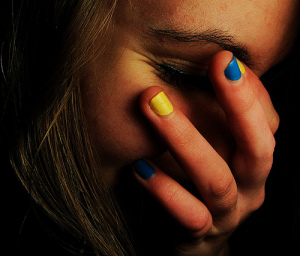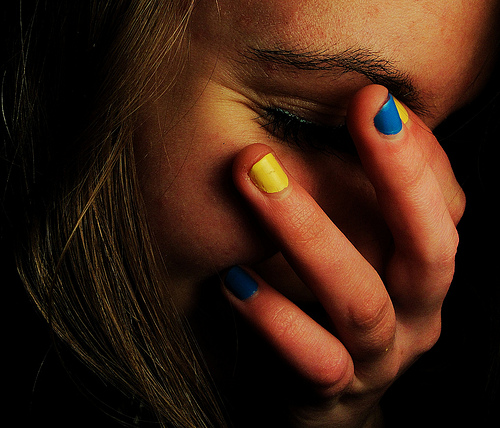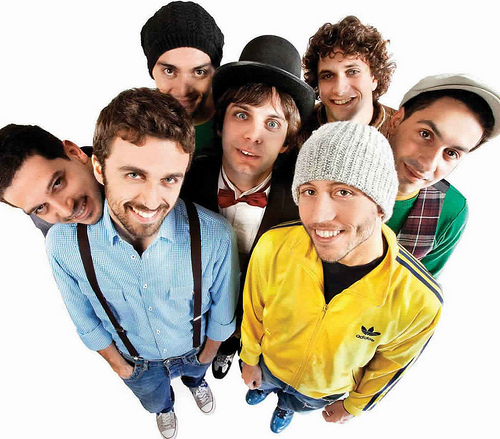 Social phobia, or social anxiety disorder, involves feeling intensely concerned about how one is perceived by others. People who have social anxiety are especially worried that others hold a negative perception of them or disapprove of them. The Anxiety Disorders Association of America site lists the prevalence of social anxiety disorder as around 7 percent of the population.
Social phobia, or social anxiety disorder, involves feeling intensely concerned about how one is perceived by others. People who have social anxiety are especially worried that others hold a negative perception of them or disapprove of them. The Anxiety Disorders Association of America site lists the prevalence of social anxiety disorder as around 7 percent of the population.
Paruresis (“shy bladder syndrome”) is another anxiety disorder that is based on a fear of being “judged” by other people. Someone struggling with shy bladder syndrome is physically unable to relieve him or herself if another person is in or near the restroom. Even if a person who has paruresis thinks that someone else is nearby (or that someone else may enter or pass by the restroom), he or she will find it extremely difficult or impossible to urinate. Most of the people affected by paruresis are men, according to WebMD.
Just like having social anxiety, having paruresis can affect one’s life in a number of negative ways. Social phobia can make one feel too self-conscious and anxious to go out and meet people or to accept invitations to socialize. Paruresis can limit your opportunities, as well, by making you miss out on social events due to the fear that you may have to use a public restroom. Some people who have paruresis only feel comfortable enough to use their personal restroom.
Social anxiety disorder and shy bladder syndrome both have the potential to hurt your professional life, as well. For many people, work involves socializing and networking on a regular basis. This can be very difficult for people with social phobia or paruresis, who typically don’t feel comfortable telling others about their condition. Some affected people don’t even realize that others share the same symptoms as them or that they have a treatable condition.
Having social anxiety disorder or paruresis can be a lonely experience, so it’s important for people suffering from either condition to have a strong social support system and to explore treatment options. For a person with social anxiety, this means contacting a licensed mental health professional and requesting a consultation. WebMD recommends that a person with paruresis starts by talking to a therapist or a urologist.
WebMD also describes the benefits of cognitive behavioral therapy, particularly exposure therapy. Exposure therapy can be used for both social anxiety and shy bladder syndrome. It’s basically a technique that teaches the affected person to gradually overcome an unhealthy fear.
Photo Credit: Navy Blue Stripes via Compfight cc




